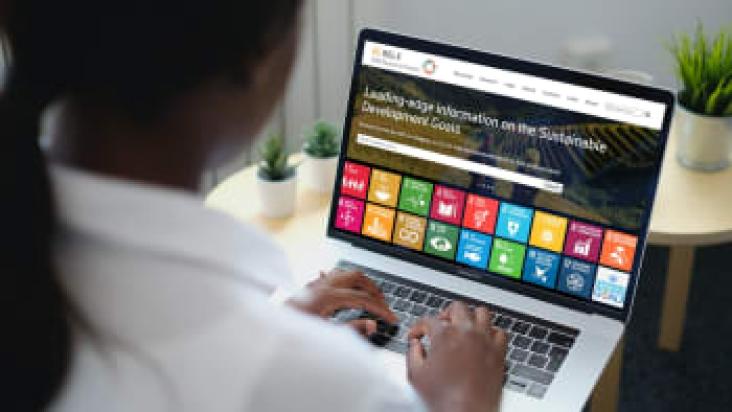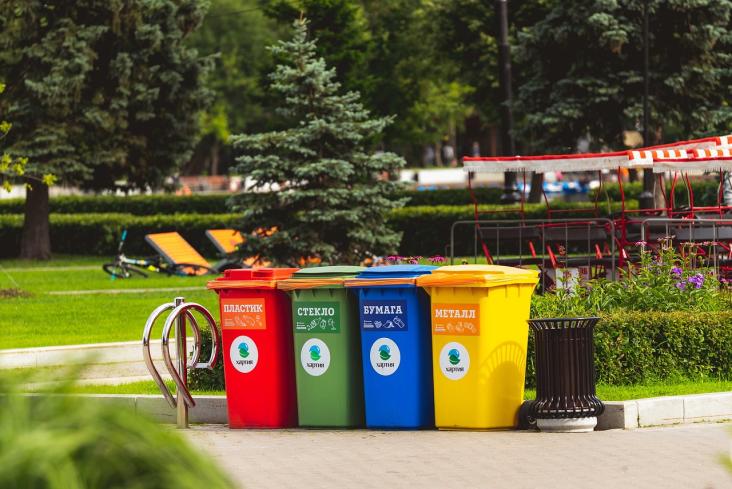Low Cost Water and Wastewater Treatment Systems: Conventional and Recent Advances, 2025, Pages 41-69
This chapter aligns with UN SDG Goals 6, 9 and 12 by exploring phytoremediation as a sustainable technique for treating contaminated freshwater resources, thereby addressing pollution and promoting the safe use of water in agriculture and households.

In this round up of 2024, we share the Special Collections published on the SDG Resource Centre throughout the year, featuring more than 800 research articles and book chapters made freely available to advance knowledge and accelerate the achievement of the United Nations Sustainable Development Goals by 2030.




